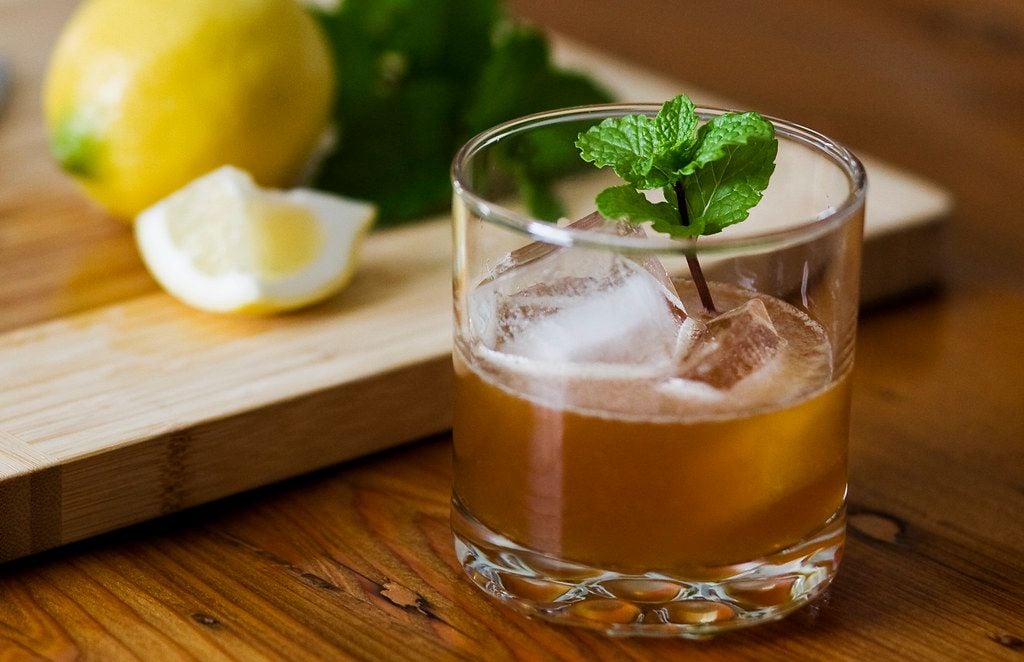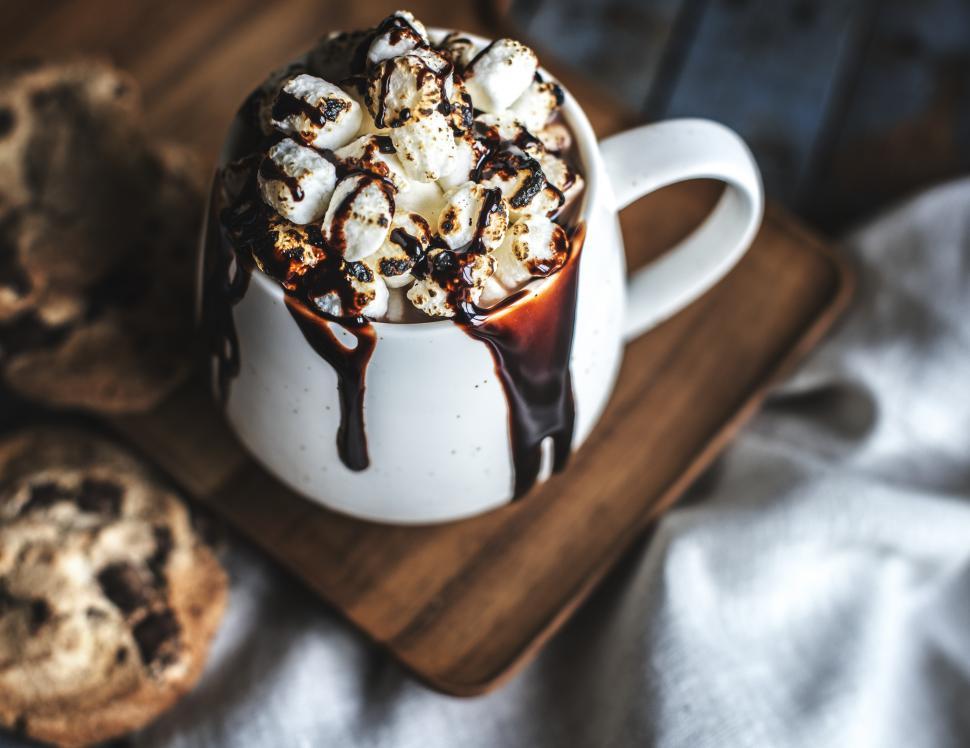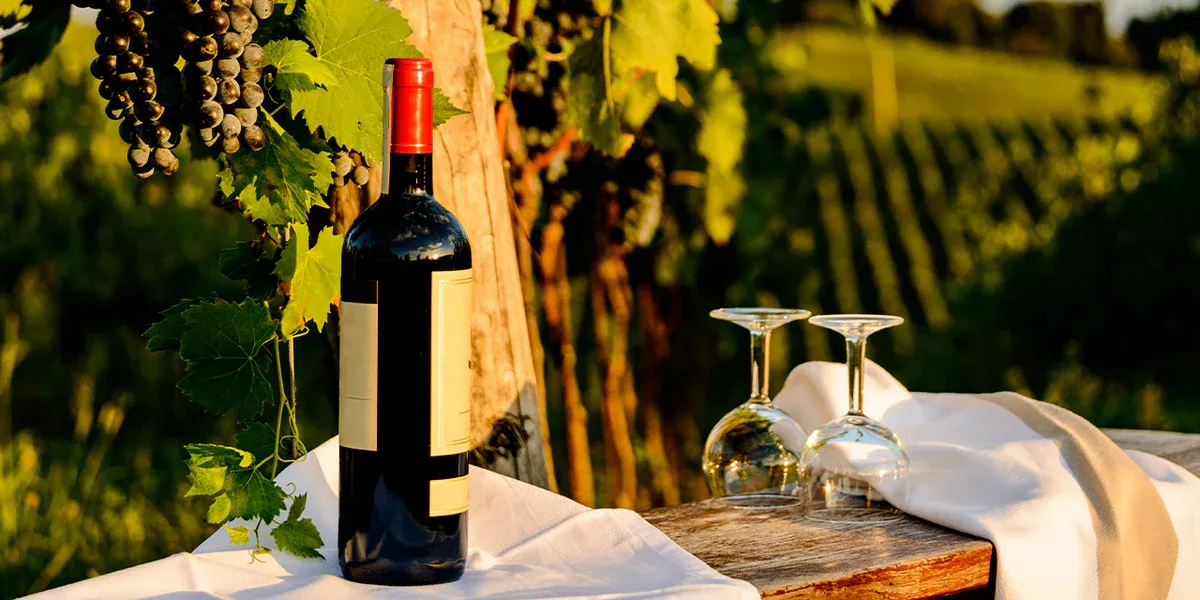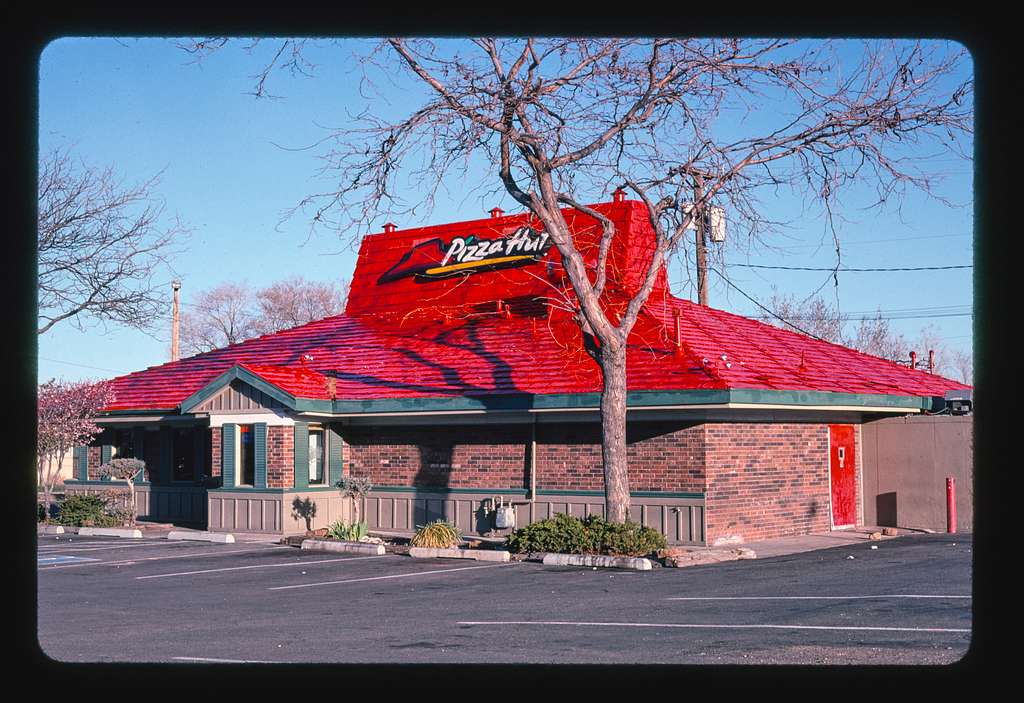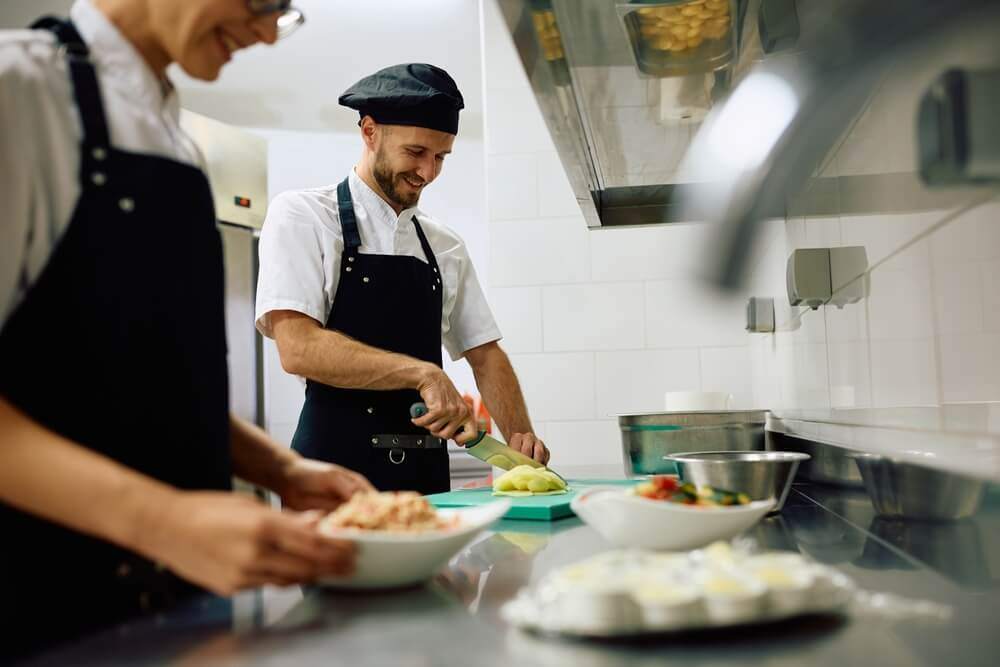
The Smart Way to Store and Enjoy Your Spirits, Liqueurs and Vermouths
- Jun 27, 2024
When it comes to their wine collections, enthusiasts are known for serious dedication towards their storage and consumption habits. From the use of purpose-built wine refrigerators for optimized temperature control to apps for tracking the ideal moment for enjoying a bottle, many show a precision in their handling of wine that doesn't extend to their other spirits. But the storage, lifespan and perfect enjoyment of spirits, liqueurs, vermouths, and amaro also require attention.
Take simply purchasing smaller bottles of such spirits more frequently as an example. According to Jason Asher, founding partner of Century Grand in Phoenix, this strategy ensures the product is consumed in its entirety before it begins to change in flavor and aroma.
As for the lifespan of these alcoholic beverages, distilled spirits boast considerable shelf lives due to their alcohol content. However, this does not mean they are impervious to changes in quality. Your high-end scotch or tequila may lose some of its aroma and flavors if left untouched for an extended period after being opened.
Let's consider vodka – the neutral and versatile player of the spirit world. There's little risk of it expiring or oxidizing but storing it properly can enhance your drinking pleasure. According to Mike Foster from Belvedere, consuming premium vodka straight from the freezer can mute the spirit's inherent flavors and aromas. Storing vodka in the refrigerator, or allowing freezer-stored vodka to warm up for 30 minutes before serving can yield better results.
What about your cabinet of aged spirits like bourbon, scotch or assorted whiskeys? Despite that these can fetch a respectable price, all the key flavor development occurs in the barrel, before the spirit is bottled. Thus, hoarding that young whiskey for several decades will not improve its quality. And once opened, the spirit's aesthetics and flavors can begin to fade after a year or two.
Even agave spirits like blanco tequila or joven mezcal, which historically withstand oxidation well within sealed bottles, can change if not stored properly. Jason Asher recommends keeping agave spirits away from direct sunlight at room temperature and using a proper seal to prevent flavor and aroma contamination. Once opened, most high-quality tequila and mezcal are best enjoyed within a year to prevent loss of signature notes.
Even gin, renowned for stability and range of botanical influences, can lose its freshness over time if not consumed. Accordingly, James Bowker of The House of Suntory advises to store gin in a dark place at room temperature to prevent destablising evaporation. If you're hoping to keep aromatic compounds in intact, consume an open bottle within a year.
Moving on to rums – both unaged and aged – the former can enjoy a longer shelf-life if stored in a cool, dark place and well-sealed. Aged rums, on the other hand, are more susceptible to flavor loss after six months once opened.
When it comes to amaro, vermouth and cream liqueurs, each has unique storage requirements. Amari are known for their stability and may sometimes benefit from extended oxidation for flavor development. Vermouths, much like wines, require refrigeration after opening and are best consumed within eight weeks. Cream liqueurs like Baileys, should be consumed within six months of opening, but always check for a “best by” date on the bottle. Remember, although some might be tempted to freeze them, doing so may separate the cream from the alcohol.
Fruit-based liqueurs such as berry and citrus types, can darken and lose brightness in flavor over time. The former is best replaced once the color changes while citrus liqueurs, which are largely colorless, can lose their intensity after two years.
Finally, there's coffee liqueur, a staple in many popular cocktails. These have a long shelf life thanks to high sugar and alcohol content, and cold brew coffee ones, in particular, offer incredibly stable flavor profiles due to their gentle extraction process.

